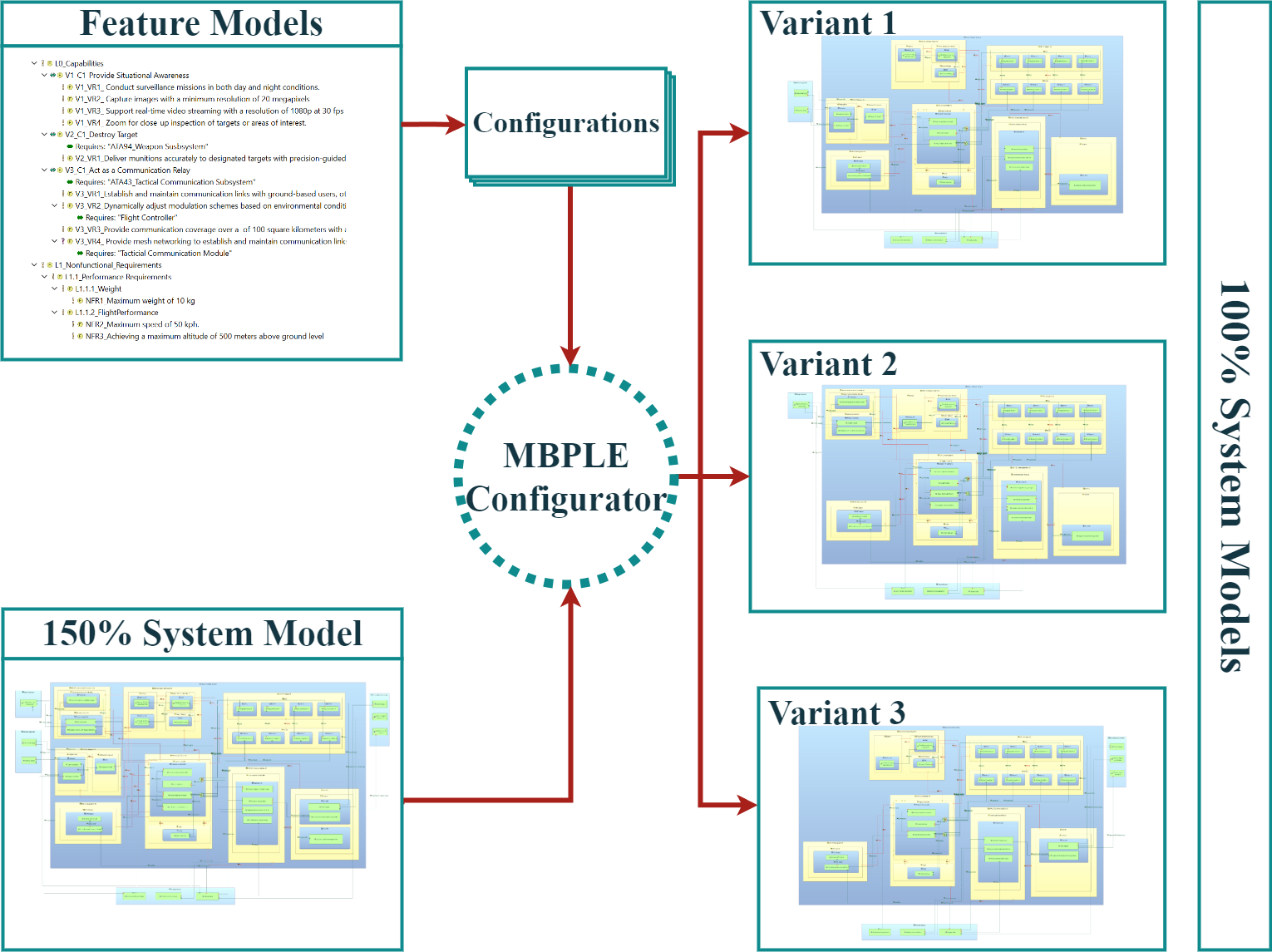M.S. Candidate: Tuana Güzel
Program: Information Systems
Date: 06.08.2024 / 10:00
Place: A-212
Abstract: The aerospace industry faces significant challenges in maintaining efficiency and quality in product development due to the increasing complexity of systems, driven by variations arising from competitive market dynamics and diverse customer demands. The development and management of these complex systems, characterized by variants necessitates advanced modeling methodologies such as Model-Based Systems Engineering (MBSE) and Product Line Engineering (PLE). Extending MBSE with PLE approaches, Model-Based Product Line Engineering (MBPLE) uses models to define and manage variability, emphasizing systematic asset reuse. However, practical support for MBPLE is currently limited, particularly outside software-intensive systems. A consistent and scalable approach for an effective variability management is essential, facilitating visualization and traceability of variability across different abstraction levels and development artifacts and detailing this variability in systems architecture models enhance the accuracy of variants. This thesis investigates MBPLE’s role in managing variability for large aerospace systems, exploring benefits, challenges, and best practices. The research aims to develop a robust methodology for MBPLE by adapting variability management techniques from PLE to the MBSE context by providing methodological support, modeling techniques, and efficient tools for supporting the variability models to ensure alignment with requirements, design dependencies and features. This methodology is exemplified through its implementation in an unmanned aerial vehicle system and validated against established requirements for effective variant management. By systematically addressing variability across multiple abstraction levels, this thesis aims to optimize business processes, improve product quality, and reduce engineering efforts within the aerospace industry.
